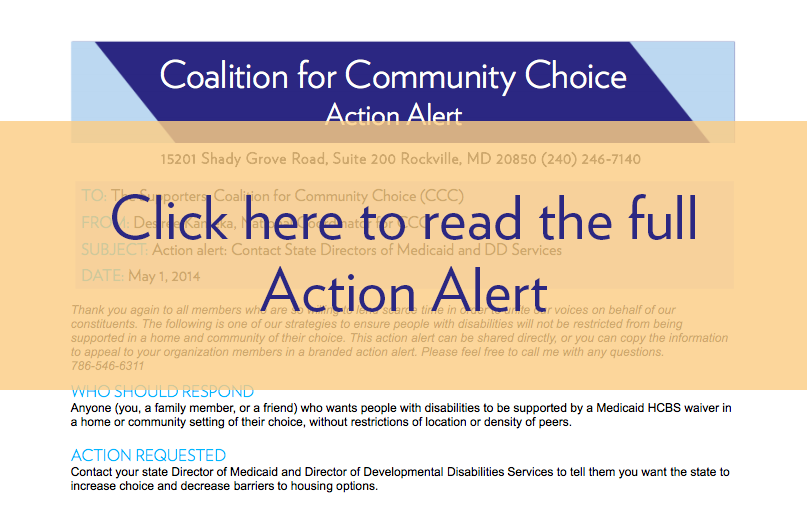With already so few opportunities and scarce funding available to adults on the autism spectrum, why would policymakers create even more hurdles for autistic adults? Policy developed to protect and empower those with autism and other intellectual and developmental disabilities is creating unintentional barriers.
In response to the overwhelming need for affordable and accessible housing and in light of reports of abuse, local solutions are being created across the country. Their aim is to offer person-centered housing models in a variety of settings. Not only do these options fill the massive housing gap, but they also save taxpayer dollars.
A major source of public funding for adults on the spectrum is called Home & Community-Based Service (HCBS) waivers. These waivers were created to “waive” the need for institutional level of care and to give more housing options to people with disabilities.
Unfortunately, changes in regulations may shut the door on many housing choices if they do not meet the emerging state criteria for being “home & community-based.” The state may reject supportive living options such as intentional communities, working ranches, or even collegiate programs as these are now under “heightened scrutiny.”
Individuals with autism must now prove that their residential choice is a valid “home and community setting” as considered by state and federal leaders who regulate HCBS funding. Madison House Autism Foundation believes that every setting should be scrutinized at the highest standard to make sure all individuals receiving publicly funded services are supported to meet their independence, employment, and lifestyle goals.
Last week, Madison House met with key federal leaders of CMS at the Department of Health and Human Services. It is now up to advocates in every state to make sure that the choices of people with disabilities are honored and upheld by policy that is supposed to give their voice protection and authority, not restrict their life options.
Please join us by writing a letter using this easy Step-by-Step Action Alert that is previewed below. For more information about the changes in regulations, check out this Policy Brief created by the Coalition for Community Choice.
About the Author:

Desiree Kameka, Director of Community Education & Advocacy focuses her work on researching housing issues, advocating for autistic adults and their issues, and presenting her work at local and national gatherings. She visits many residential communities and social enterprises across the USA and highlights their unique victories and learning curves while sharing stories of residents with autism and other developmental disabilities. Desiree is also the project lead for Madison House’s interactive Autism Housing Network, which is currently in BETA testing. Her passion is empowering autistic adults and parents to create a future that is exciting and life-affirming by offering small group consultations for forming projects.




 A Pathway, Not a Prison: Jon Stewart Talks to Ron Suskind About Autism, Disney, and His Son
A Pathway, Not a Prison: Jon Stewart Talks to Ron Suskind About Autism, Disney, and His Son


